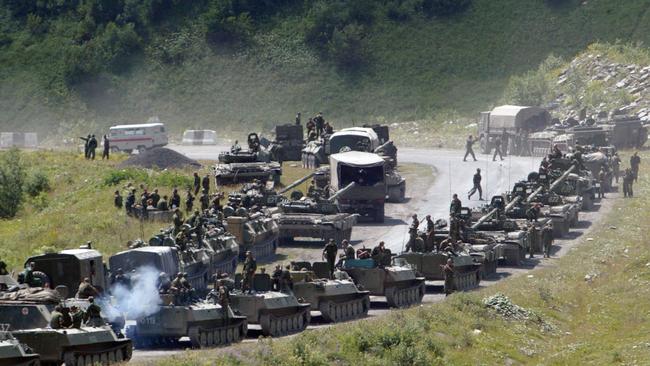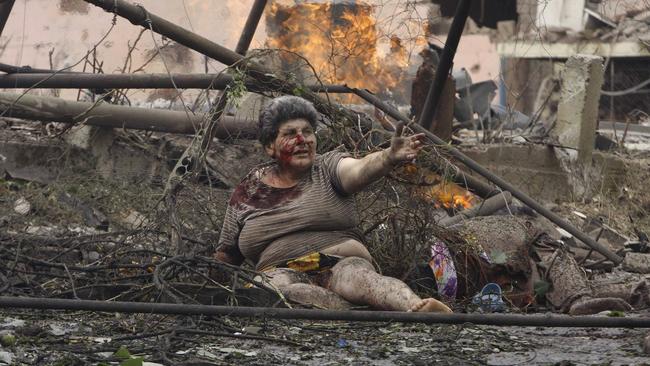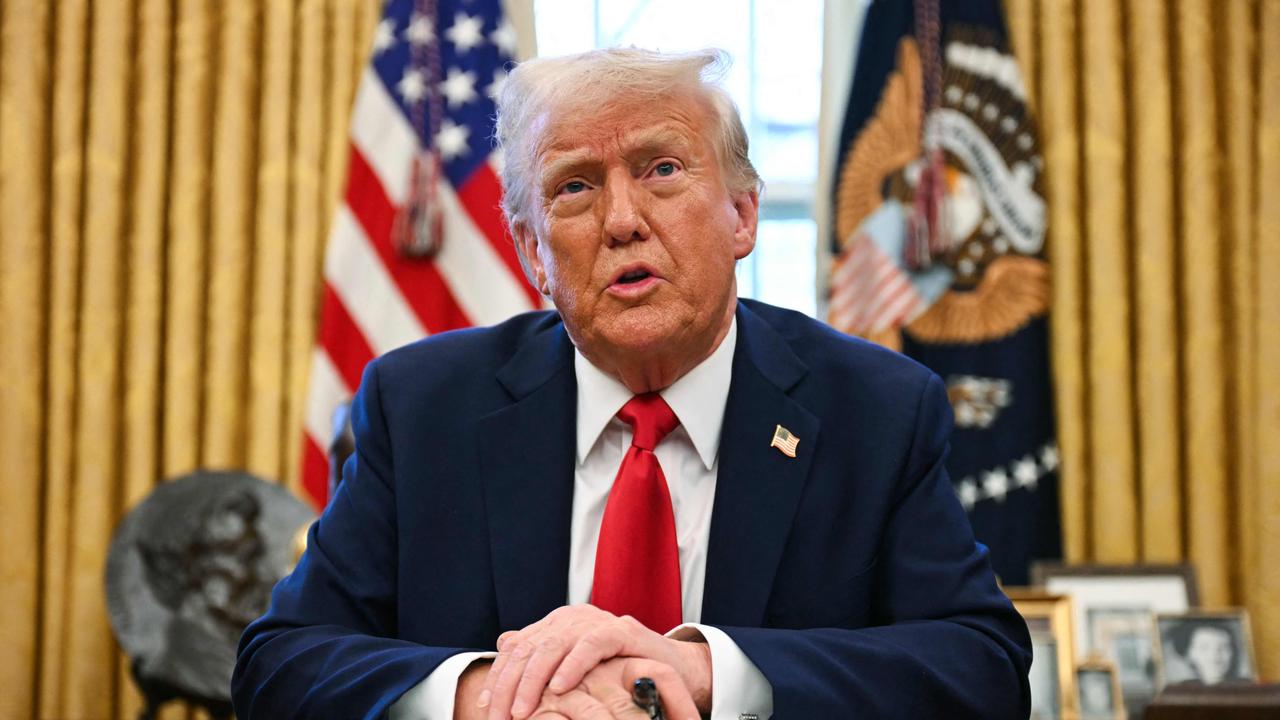Russia’s past thuggery show word must beware of phony Ukraine peace

Russia’s war against Ukraine is failing. But serious dangers remain. Among them are “peace” terms that, like those Russia imposed on past victims of its aggression, would set up Ukraine – and others – for bloodshed in the years to come.
Vladimir Putin, who didn’t bargain on a tough fight, is likely to propose terms that look like concessions but are calculated to hobble Ukraine and threaten security far beyond its borders. Ukrainians won’t accept such an endgame, and other countries should not try to get them to do so.
Russia’s recent wars illustrate what Putin likely has in mind for Ukraine. In Georgia, which he invaded in 2008; in Moldova, where Russian troops never left; and in Azerbaijan, where Russia supported Armenian separatists in the early 1990s, fighting subsided but ambiguity followed. Russia’s proxies – a mix of puppets and Kremlin thugs – proceeded to dig in behind semi-official armistice lines. With Russia’s support, fiefs under these proxies in some cases have lasted to the present day.
Contributing to their persistence are the ceasefire terms. Neither continuing war nor cementing peace, the terms deliberately debilitated the countries Russia had attacked by entrenching its proxies on each country’s territory and stipulating “peace processes” that Moscow used not to pursue peace, but to prevent the countries from stabilising or escaping Russia’s shadow.
Hints from the Kremlin suggest that this is how Putin hopes to gain lasting ground from his botched invasion. Putin insists that Ukraine accept the permanent loss of the three pieces of the country that Russia already has taken: the Crimean peninsula and the provinces of Donetsk and Luhansk.
That might sound like a clean-cut outcome, but it wouldn’t be. If Russia wins the terms it demands, then other parts of Ukraine will fall under the shadow of contrived secessions, sham independence movements and whatever other forms of subversion Putin might improvise. Brutal client outposts, fake referendums and forced population exchanges likely won’t be limited to two or three parts of Ukraine. Even if Putin makes a show of restraint at first, he would have convenient launchpads from which to do more harm. Under the endgame he likely is pursuing, Ukraine can expect no better a fate than Georgia, Moldova or Azerbaijan, which endured coercion by Russia for decades.

The West tolerated Russia’s strategy of creating and sustaining “frozen conflicts” against its smaller neighbours. This signalled to Putin in 2014 that it was safe to seize Crimea and conjure the rebel groups through which Russia has ruled Donetsk and Luhansk and menaced Ukraine. Tolerating such an outcome in Ukraine would be a mistake. The risks for the security of Europe are clear. Ukraine is larger than earlier victims of Russia’s aggression and post-armistice intrigues. It borders four countries – Poland, Slovakia, Hungary and Romania – in the NATO and sets an example for the three NATO countries the Soviet Union once directly ruled: Lithuania, Latvia and Estonia. Permanent ambiguity and destabilisation in Ukraine aren’t acceptable.
The horrors that Russia is inflicting on civilians in Ukraine add urgency to the search for peace. Ukraine might reasonably consider concessions on the timing or terms of joining NATO or the EU. But concessions that give Russia permanent leverage over Ukraine will supply no peace. They will only set the stage for future war, and on the terms Putin prefers.
President Volodymyr Zelensky, affirming that Ukraine won’t accept ultimatums, sees the danger of accepting Putin’s terms. If the world wants peace and a secure Europe, then it shouldn’t impose a settlement on Ukraine that ignores lessons from places where Russia got the endgames it demanded.
Thomas D.Grant served as senior adviser for strategic planning in the US State Department’s Bureau of International Security and Nonproliferation, 2019-21. He is author of Aggression Against Ukraine: Territory, Responsibility, and International Law.
The Wall Street Journal


